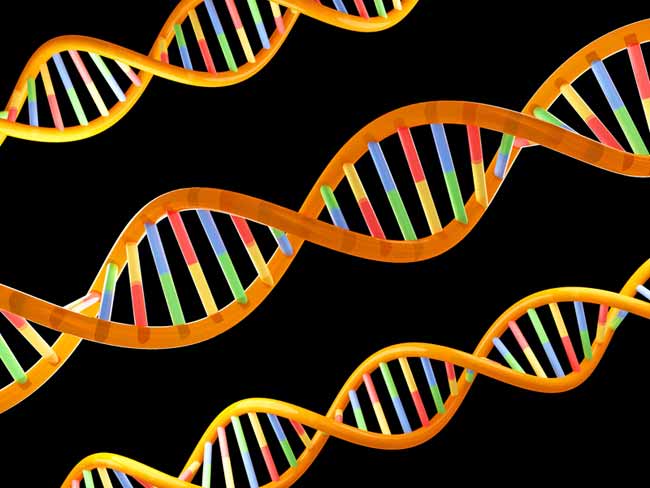Law Proposed to Collect DNA from Shoplifters

In Washington state, DNA samples would be taken from suspects in cases as minor as shoplifting if a new proposal is adopted by the state's legislature.
For now, DNA samples are taken after sentencing from people convicted of a felony and many misdemeanor sex-related crimes, The Seattle Times reports. Under the new bill, police or jail staff would be required to collect DNA from all adults and juveniles arrested on suspicion of a felony or gross misdemeanor.
DNA samples are usually collected by swabbing inside the cheek.
The American Civil Liberties Union and criminal defense groups have cried foul, calling the bill unconstitutional. Another question they might raise: Is it worth it?
Each person's DNA is unique, representing the software of that person's life. DNA samples collected at crime scenes can, after a tedious process in the lab, be matched to samples on file to positively identify suspects.
While DNA identification can be more effective than fingerprinting in some cases, it's not as seen on TV.
"Just because you can run an analysis doesn't mean you'll get results," explains Tina Delgado, forensic DNA examiner in the FBI's DNA Analysis Unit. "Sunlight, heat, humidity, and age can all damage DNA. We have successfully analyzed material that had been in police evidence lockers at room temperature for decades, but DNA can go bad if left out in the sun for even a few days."
Get the world’s most fascinating discoveries delivered straight to your inbox.
Meanwhile, labs are becoming overloaded.
More than a dozen states allow law enforcement to collect DNA from suspects before they are convicted.
The U.S. government last year announced plans to collect DNA samples from all citizens arrested in connection with any federal crime, as well as from many immigrants detained by federal authorities, according to the Washington Post. The approach was expected to add more than a million DNA samples a year to the rapidly growing federal DNA database of bad guys.
"It is good technology. It solves crimes," said Don Pierce, executive director of the Washington Association of Sheriffs and Police Chiefs, in the Times article. "We take fingerprints at the time of arrest, which in many ways is a lot more intrusive."
But in Los Angeles, the police department recently was found to have in cold storage nearly 7,000 untested DNA samples from sexual assault cases. Last year the department let the deadline pass for prosecuting some 200 potential sexual assault cases without ever testing DNA evidence on file that might have resulted in convictions.
- DNA Crime Lab Analysis: TV vs. Reality
- The Reality of Fingerprinting Not Like TV Crime Labs
- Crime News and Information
Robert Roy Britt is the Editorial Director of Imaginova. In this column, The Water Cooler, he takes a daily look at what people are talking about in the world of science and beyond.
Robert is an independent health and science journalist and writer based in Phoenix, Arizona. He is a former editor-in-chief of Live Science with over 20 years of experience as a reporter and editor. He has worked on websites such as Space.com and Tom's Guide, and is a contributor on Medium, covering how we age and how to optimize the mind and body through time. He has a journalism degree from Humboldt State University in California.
 Live Science Plus
Live Science Plus






